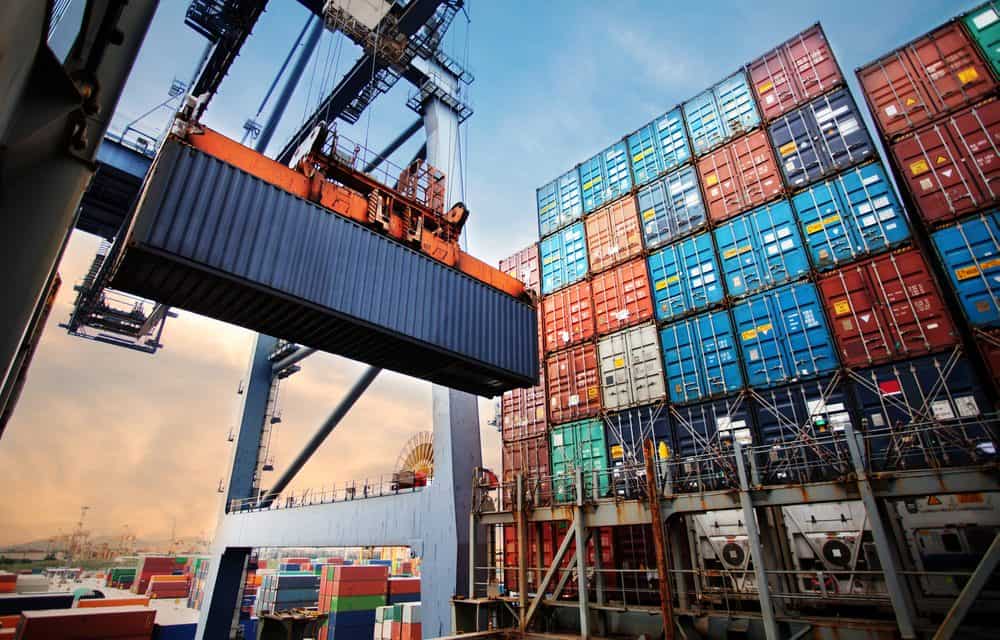The world of supply chain management has undergone a remarkable transformation in recent years, thanks to the emergence of cutting-edge technologies and the innovative approaches of logistics service providers. As the global economy becomes increasingly interconnected and consumer expectations continue to evolve, the role of logistics services in shaping the future of supply chain management has never been more critical. In this article, we will explore how logistics services are driving this evolution and what the future holds for this dynamic industry.
Digitalization and Automation
One of the most significant drivers of change in supply chain management is the digitalization and automation of logistics services. These innovations streamline processes, reduce errors, and improve overall efficiency. For example, predictive analytics can help logistics service providers anticipate demand fluctuations and optimize inventory levels. IoT-enabled sensors provide real-time data on the condition and location of goods in transit, reducing the risk of spoilage or damage. Blockchain ensures transparency and security in the supply chain, reducing fraud and errors.

E-commerce and Last-Mile Delivery
The explosive growth of e-commerce has placed enormous pressure on supply chains to deliver goods faster and more cost-effectively. Logistics service providers are adapting to this new reality by redefining last-mile delivery solutions. Innovations such as drone deliveries, autonomous vehicles, and micro-fulfillment centers are becoming increasingly common. Drones and autonomous vehicles promise to revolutionize last-mile delivery by reducing delivery times and costs while minimizing human error. Micro-fulfillment centers, strategically located in urban areas, enable quick and efficient order fulfillment, reducing the distance between products and consumers. These innovations not only meet the demands of online shoppers but also contribute to reducing carbon emissions.
Sustainability and Green Logistics
Environmental sustainability is a growing concern in supply chain management. Logistics service providers are embracing green logistics practices to reduce their carbon footprint. They are investing in eco-friendly transportation methods, optimizing routes to minimize fuel consumption, and adopting energy-efficient warehouse technologies. Moreover, the use of electric and hybrid vehicles, as well as the integration of renewable energy sources in logistics operations are becoming standard practices. Sustainability is not just a moral imperative but also a competitive advantage, as consumers increasingly prefer eco-friendly products and services.
Supply Chain Visibility and Resilience
Recent global disruptions, such as the pandemic, have highlighted the need for enhanced supply chain visibility and resilience. The partial truckload providers are leveraging technology to create more transparent and adaptable supply chains. They are implementing sophisticated tracking systems, risk assessment tools, and scenario planning to prepare for unforeseen challenges.
Supply chain visibility enables companies to identify bottlenecks and vulnerabilities in real time, allowing for swift adjustments to minimize disruptions. Enhanced resilience means supply chains can bounce back from shocks more effectively, ensuring the uninterrupted flow of goods.
The future of supply chain management is being shaped by logistics service providers who are harnessing the power of technology, embracing sustainability, and reimagining last-mile delivery. These changes not only improve efficiency and reduce costs but also contribute to a more resilient and environmentally friendly global supply chain. As we move forward, it is clear that logistics services will continue to play a pivotal role in shaping the future of supply chain management.